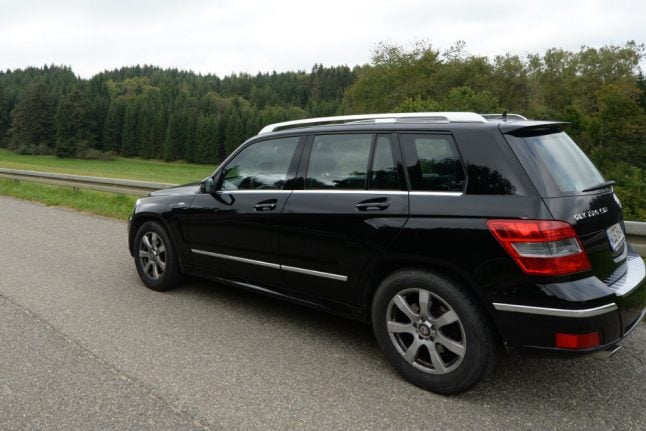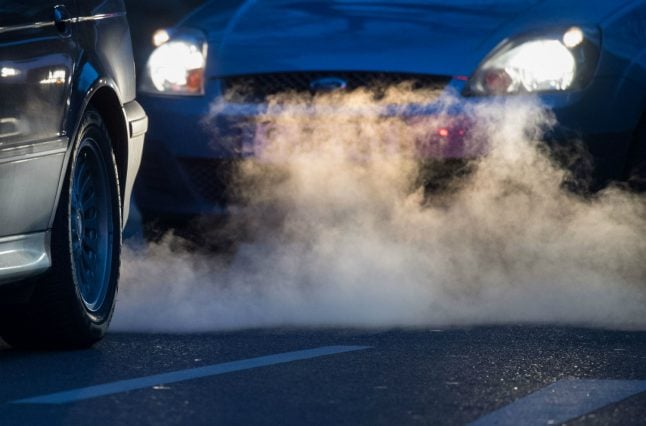The Federal Motor Transport Authority (KBA) has initiated a formal hearing procedure, Bild am Sonntag newspaper reported.
The Stuttgart-based carmaker confirmed the hearing procedure.
“We fully cooperate with the Federal Motor Transport Authority and are reviewing the facts,” said Daimler in a statement.
“In the course of the hearing proceedings, we will present our view to KBA.”
According to the Bild report, around 60,000 vehicles of the Mercedes-Benz GLK 220 CDI models produced between 2012 and 2015 were affected.
The software allegedly reduced emissions of nitrogen oxide during test conditions. On the road however, the affected vehicles were spewing out amounts of the harmful gas that were above regulatory limits.
The KBA last year had already ordered Daimler to recall 700,000 vehicles worldwide, including 280,000 in Germany, over illegal software — a ruling the carmaker is appealing.
Daimler is also potentially facing a big fine over the diesel scam as German prosecutors said in February they had opened a “fine procedure” against it.
Diesel investigations have been running in Germany since 2015, when automobile giant Volkswagen admitted to building defeat devices into 11 million cars worldwide.
READ ALSO: EU accuses BMW, Daimler and VW of breaking antitrust rules



 Please whitelist us to continue reading.
Please whitelist us to continue reading.
Member comments